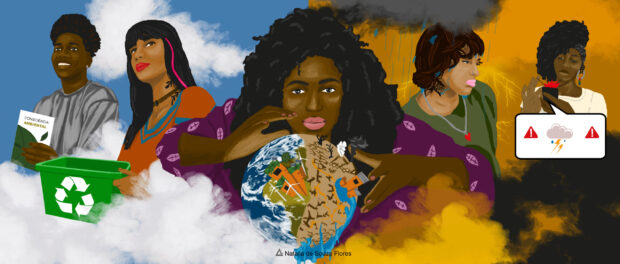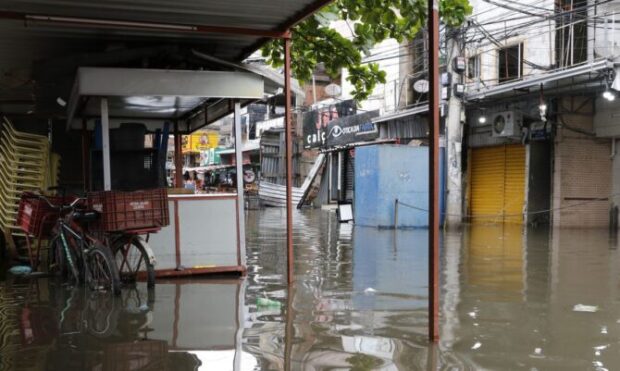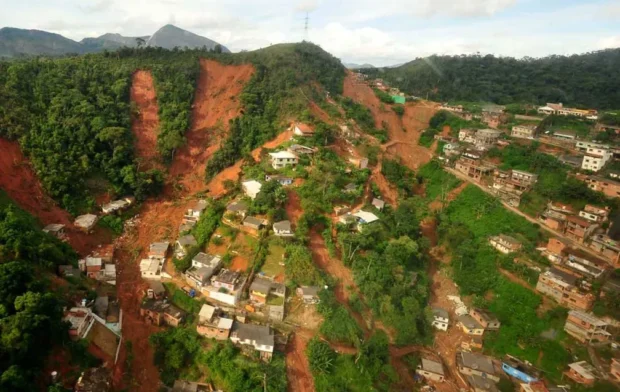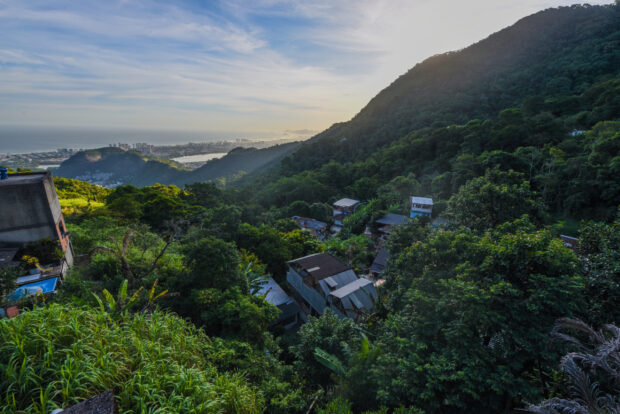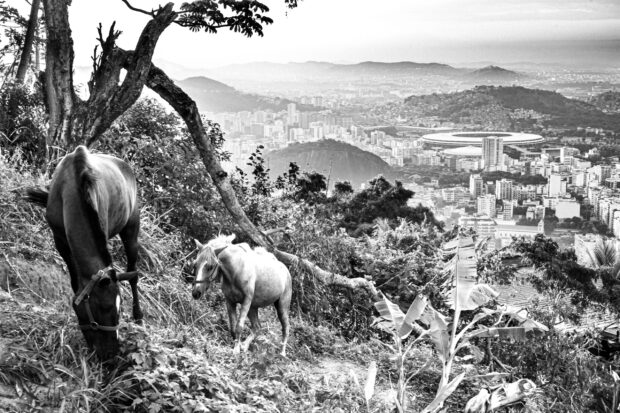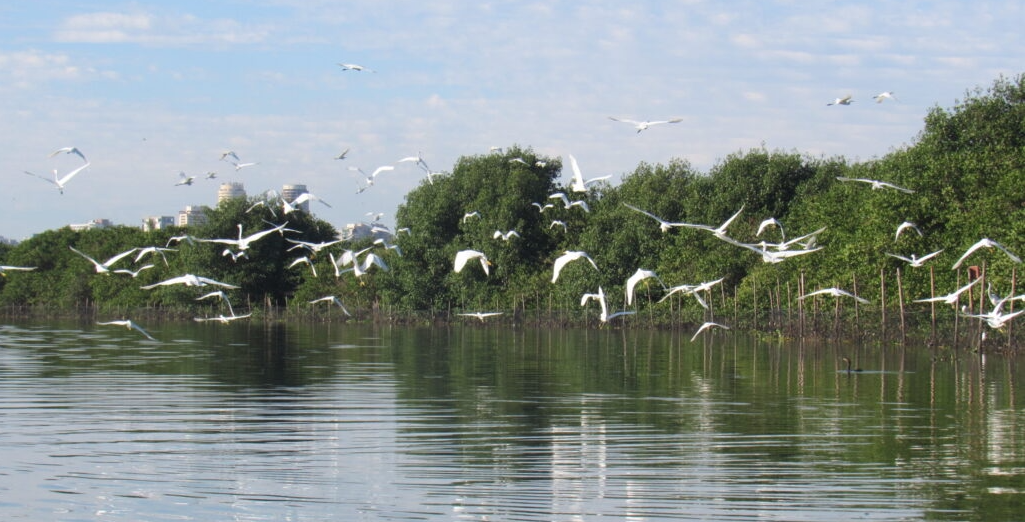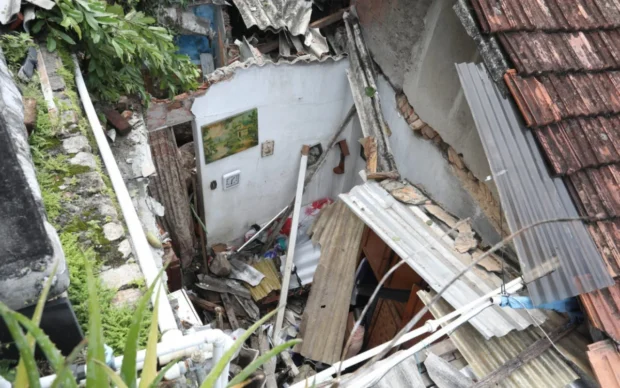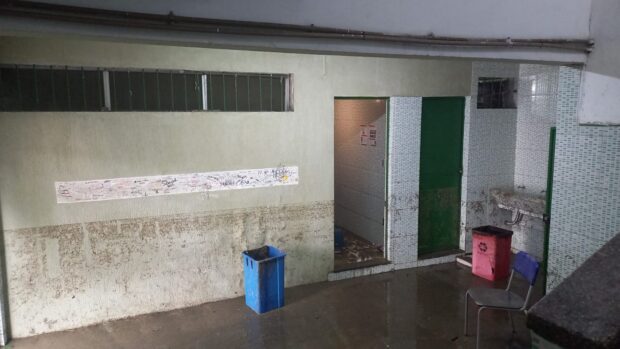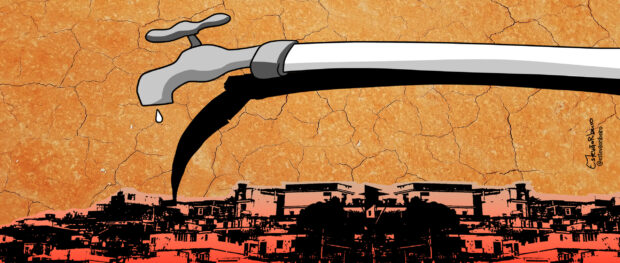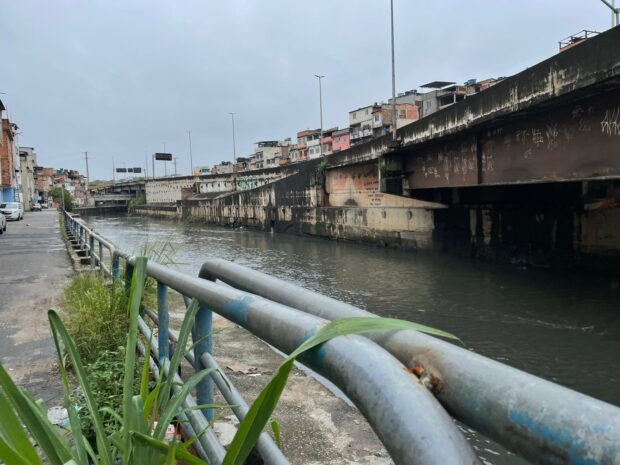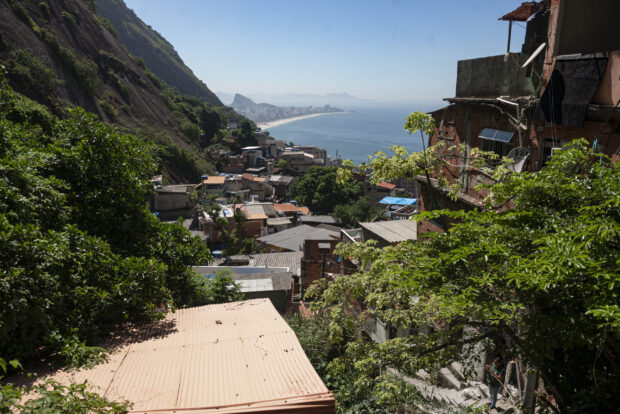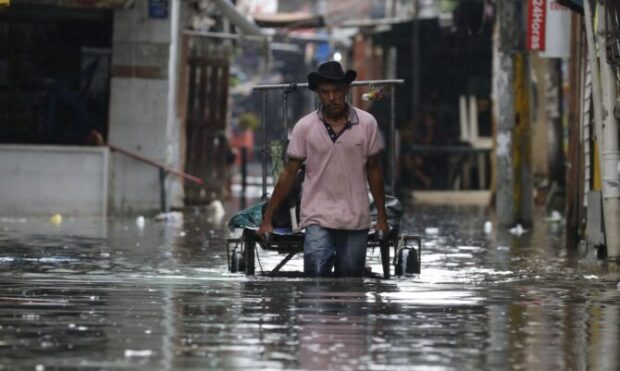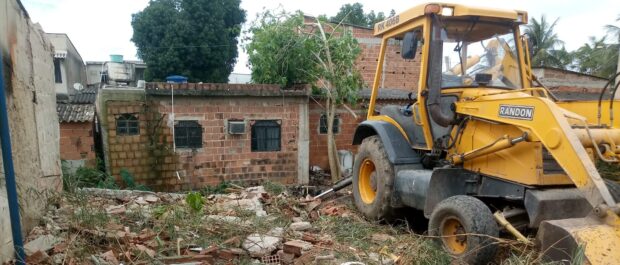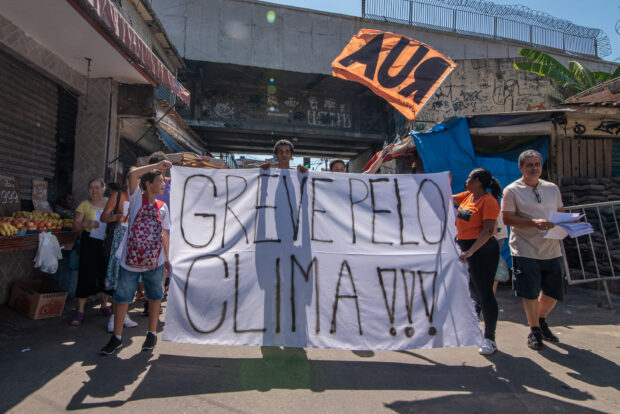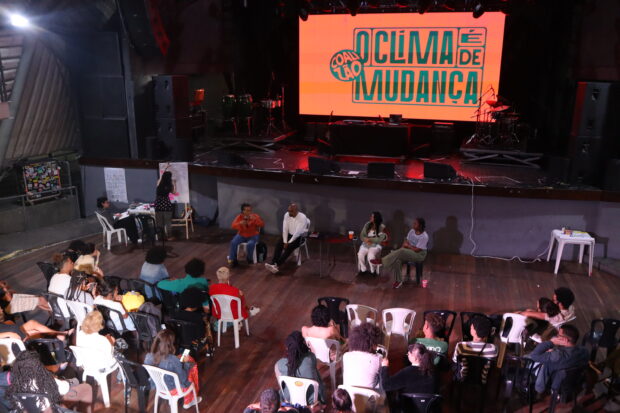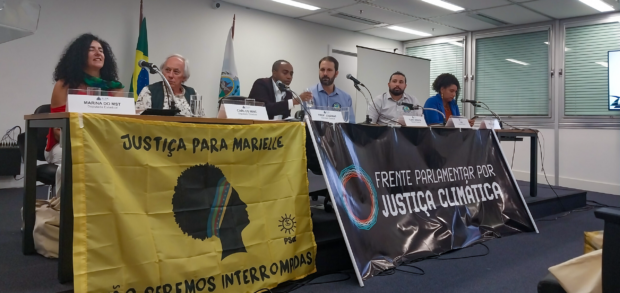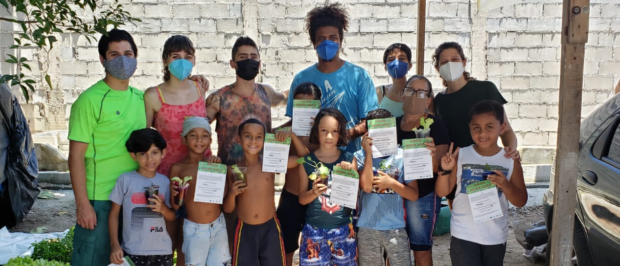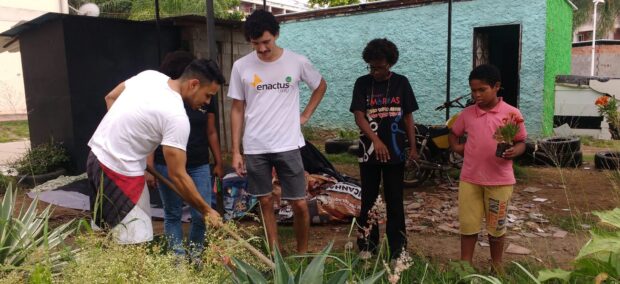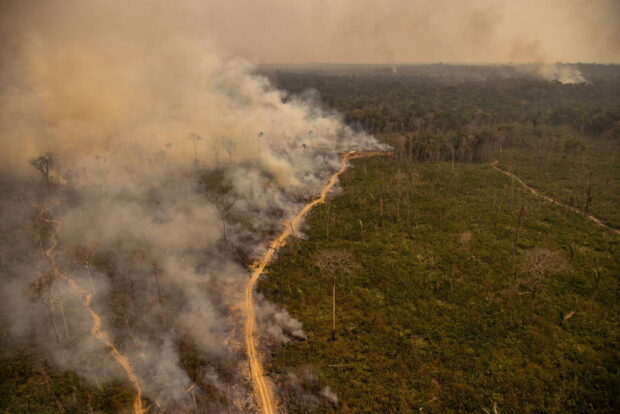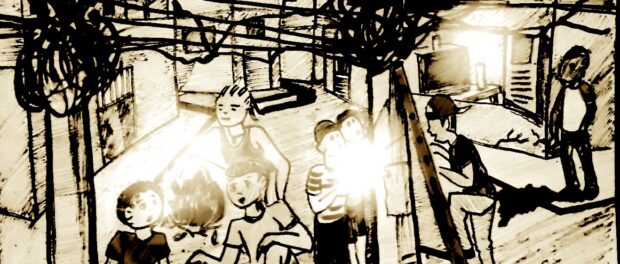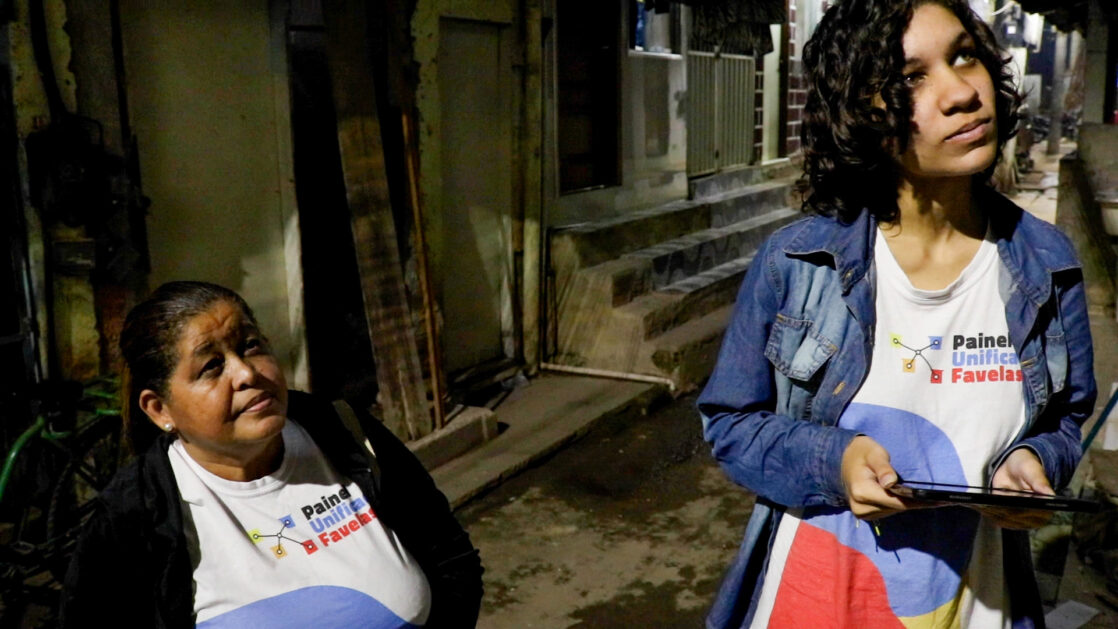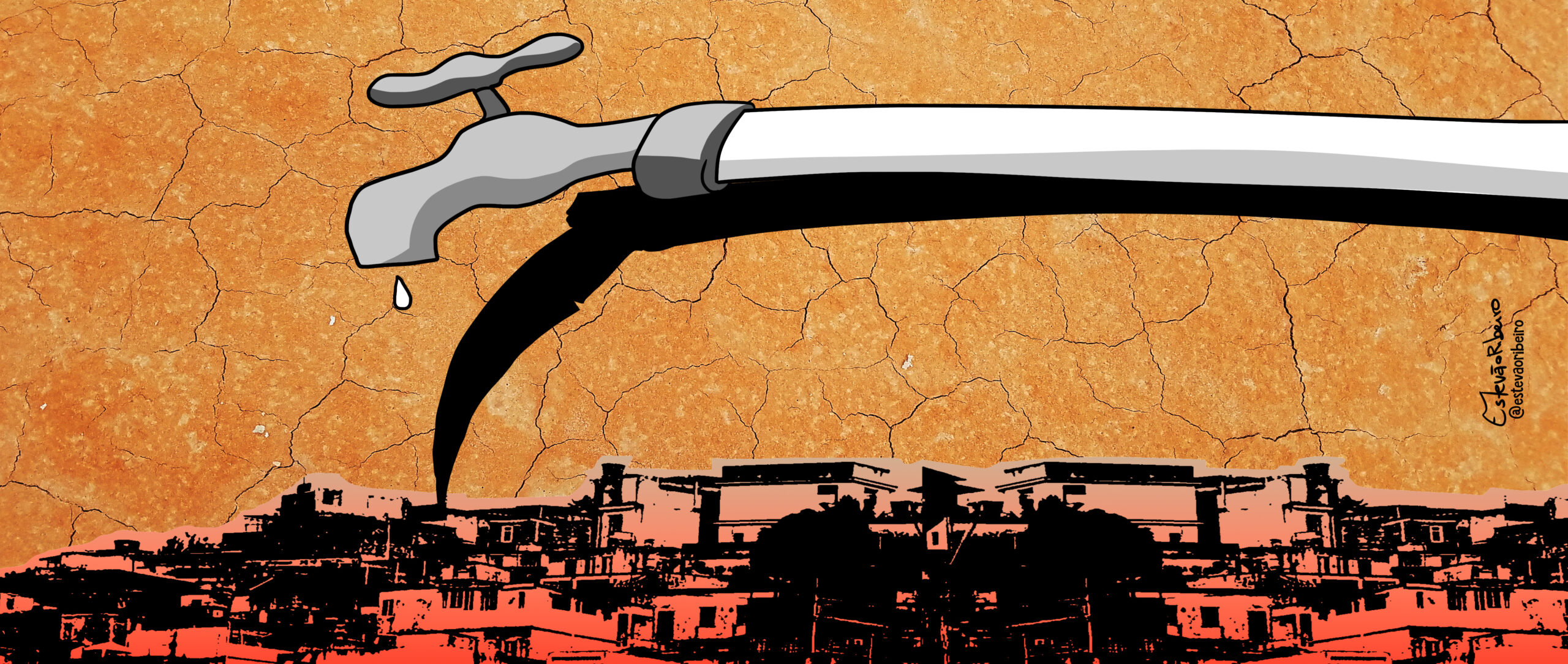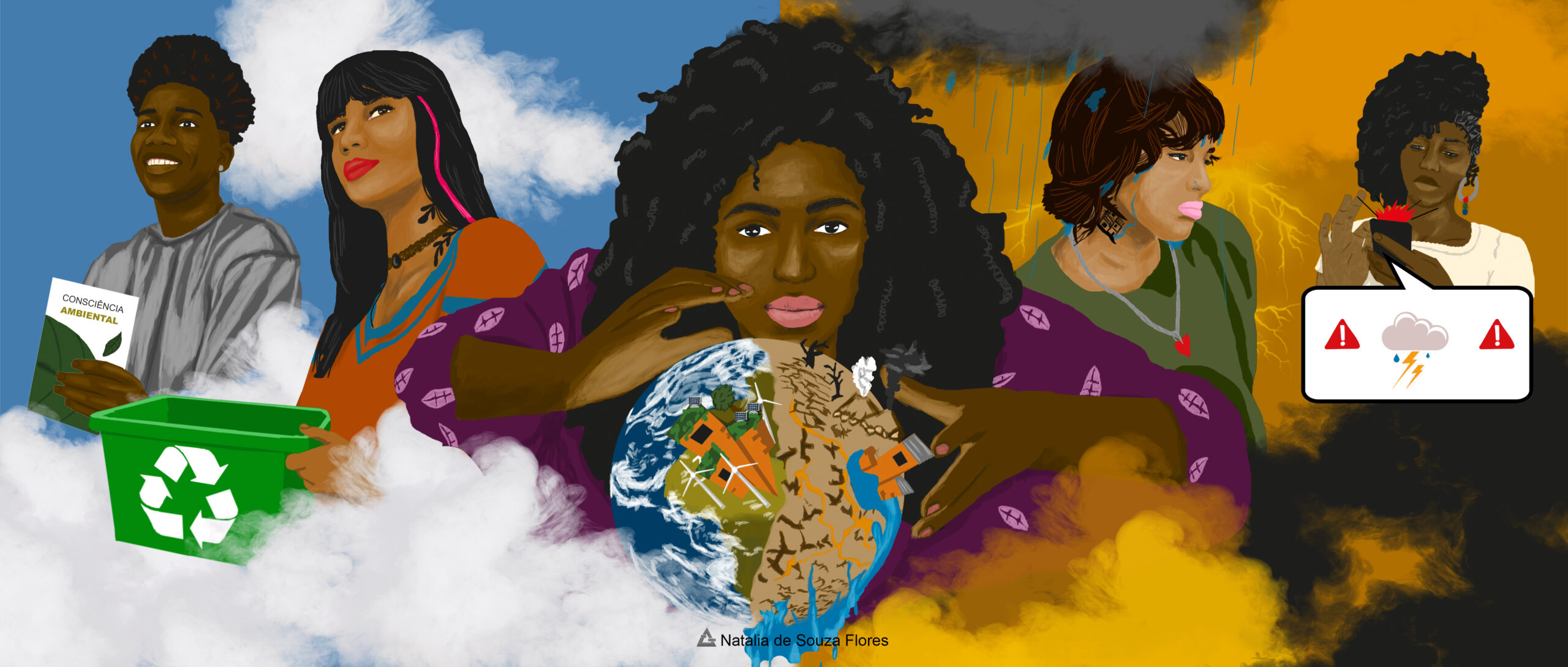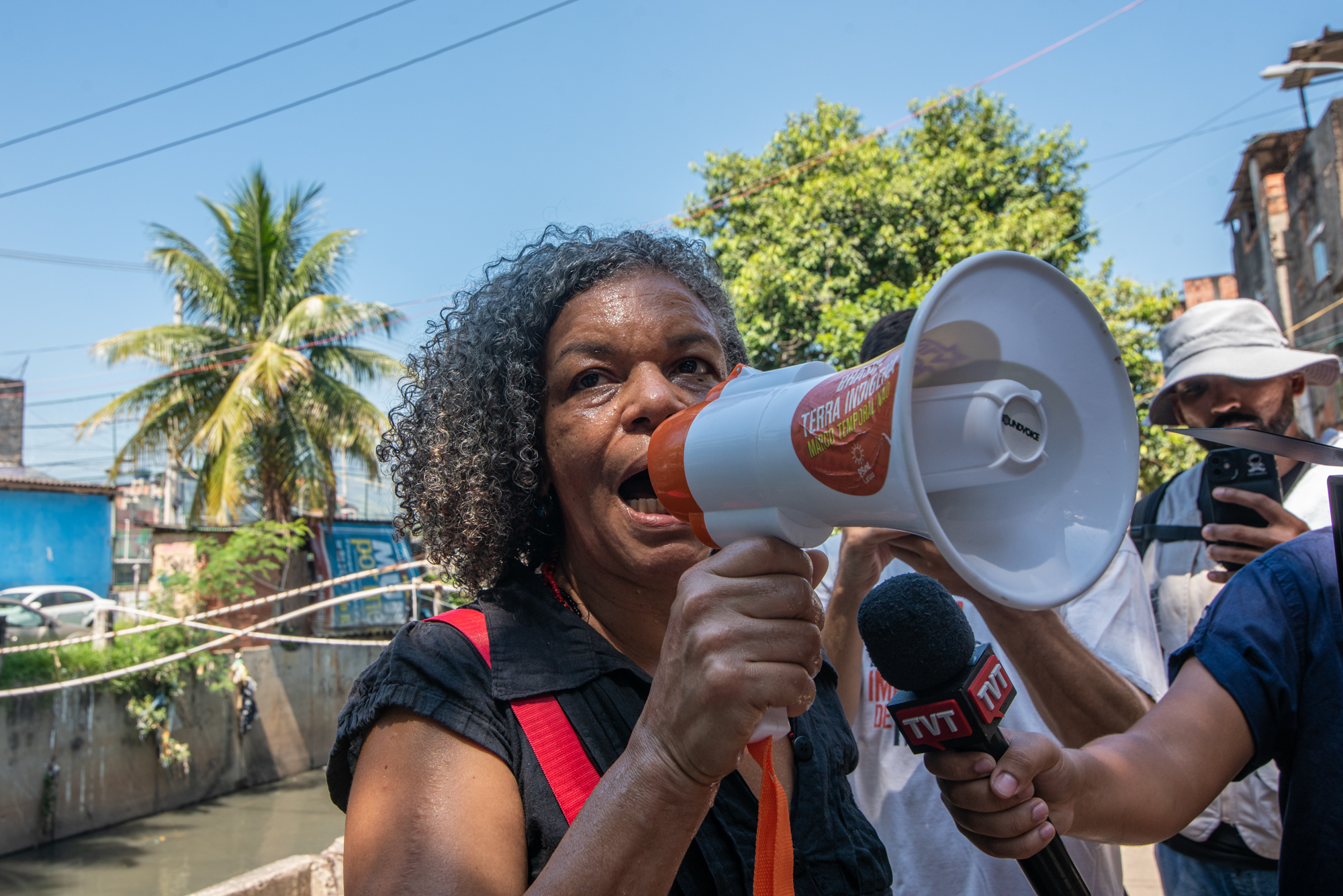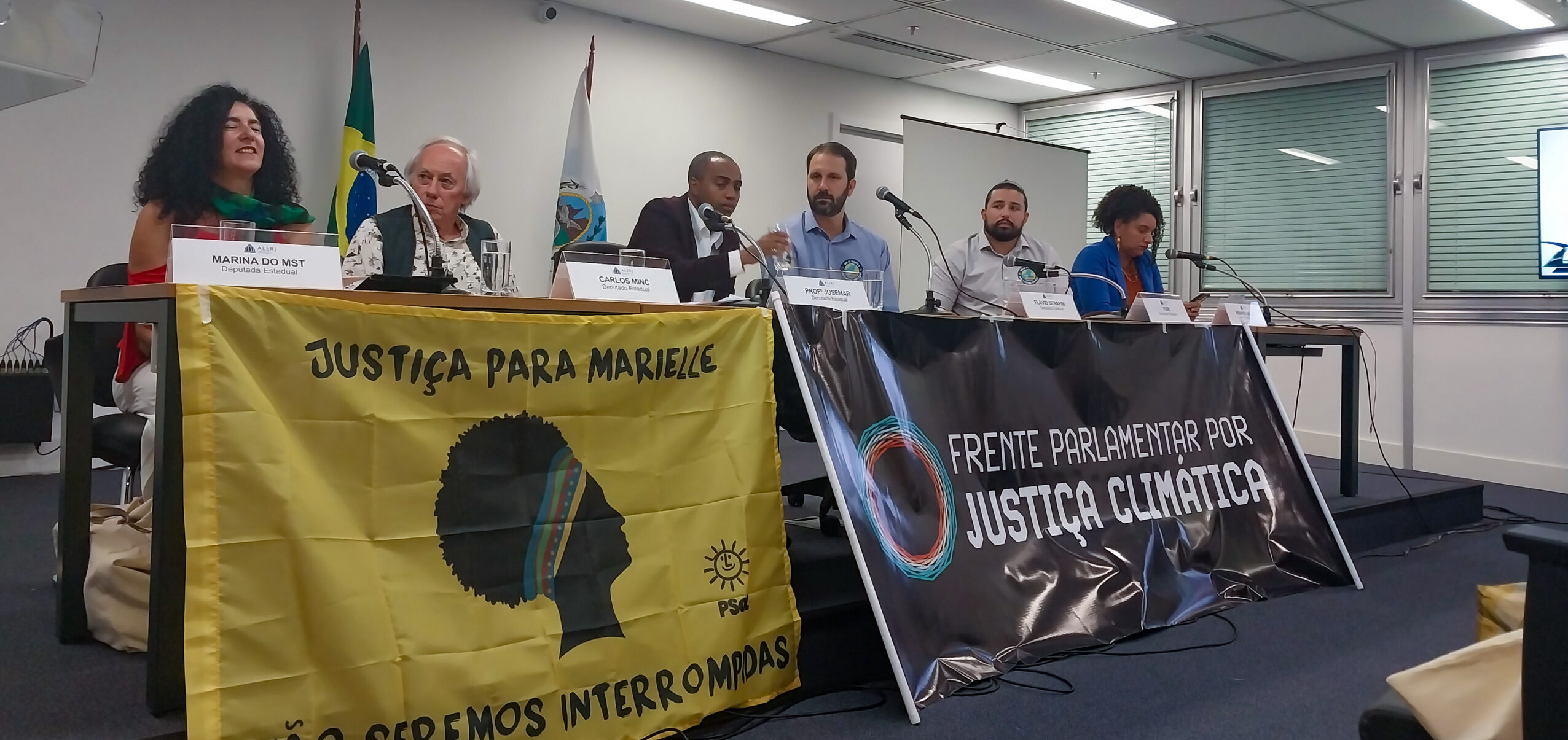- [ January 29, 2026 ] ‘It’s the Place of Resistance of Our Existence’: Duque de Caxias’ Culture Manor is a Hub for Art, Education and Leisure by Community Contributors
- [ January 13, 2026 ] 10 Years Since the Rio Olympics: Vila Autódromo Continues to Resist Gentrification Pressures Amidst New ‘Olympic Barra’ Neighborhood #EvictionsWatch
- [ January 8, 2026 ] COP30 Civil Society Rundown: Thousands of Communities and Social Movements, Representing Favelas, Indigenous, Quilombola and Other Marginalized Groups Fill Belém During COP30 [IMAGES] *Highlight
- [ December 31, 2025 ] ‘What We Want Aren’t Bodies on the Ground… It’s Recognition of [Our] People Creating Solutions’: Penha Favelas Hold Composters and Integrated Health Events Highlighting Local Climate Memories *Highlight
- [ December 26, 2025 ] 2025 Retrospective of Top International Reporting on Rio’s Favelas #MediaWatch

RioOnWatch’s Climate Justice series highlights the relationship between the environment, climate crisis, and social justice in Rio de Janeiro’s favelas. We look at historical realities and bring to light solutions developed by favelas themselves. The series discusses environmental racism, how favelas are more vulnerable to climate emergencies than other parts of the city, while also giving visibility to the community initiatives transforming this situation, recognizing efforts of local collectives working on solutions to these urgent issues.
The Climate Justice series is part of the project “Realizing the Right to the Favela Through Grassroots and Community Communication.” In our view, climate justice is one of four critical elements to realizing the right to the favela. The others are: democracy, human and housing rights.
Introducing the Climate Justice Series
For favelas to become resilient to disasters, services and infrastructure must be provided, adapted, and organized. Residents in areas prone to landslides and flooding need to be offered options through public policies that prioritize the safety of residents and guarantee their right to remain if this is their wish.
For a long time, climate change has been a future concern, but the IPCC report makes clear that those impacts are already with us. According to the report, half of the world’s population is already living under climate risk. This scenario is even more serious for marginalized populations. In Brazil, these are residents of favelas and peripheries, indigenous peoples, and quilombolas.
Action and relationships are capable of delaying ends of the world. In the urban peripheries, alleys, and ruins of indigenous villages and quilombos, Afro-Indigenous mothers understand the most effective public policies to manage the chaos. Black women are creating political structures that enable life, the reconstruction of dignity, and a sense of community in the diaspora.
If people of a certain social class, gender, or color are hit harder than others by extreme weather events, it is evident that climate (in)justice and climate racism are occurring. The social, political, and economic influences that structure society’s power relations also make their presence felt in the environment.
Vale Encantado, a small, century-old community isolated within Alto da Boa Vista, a forested area in the middle of and overlooking Rio de Janeiro, just took its greatest leap as a reference and incubator of sustainable practices. On April 30, the official launch of a biosystem that fully treats local sewage, keeping the surrounding forest clean and protecting resident health.
On the hilltops, hillsides and close to rivers, residents are increasingly suffering with the effects of climate change. This is the situation in the upper part of Morro do Turano, located between the neighborhoods of Rio Comprido and Tijuca, where residents run the risk of a tragedy waiting to happen.

